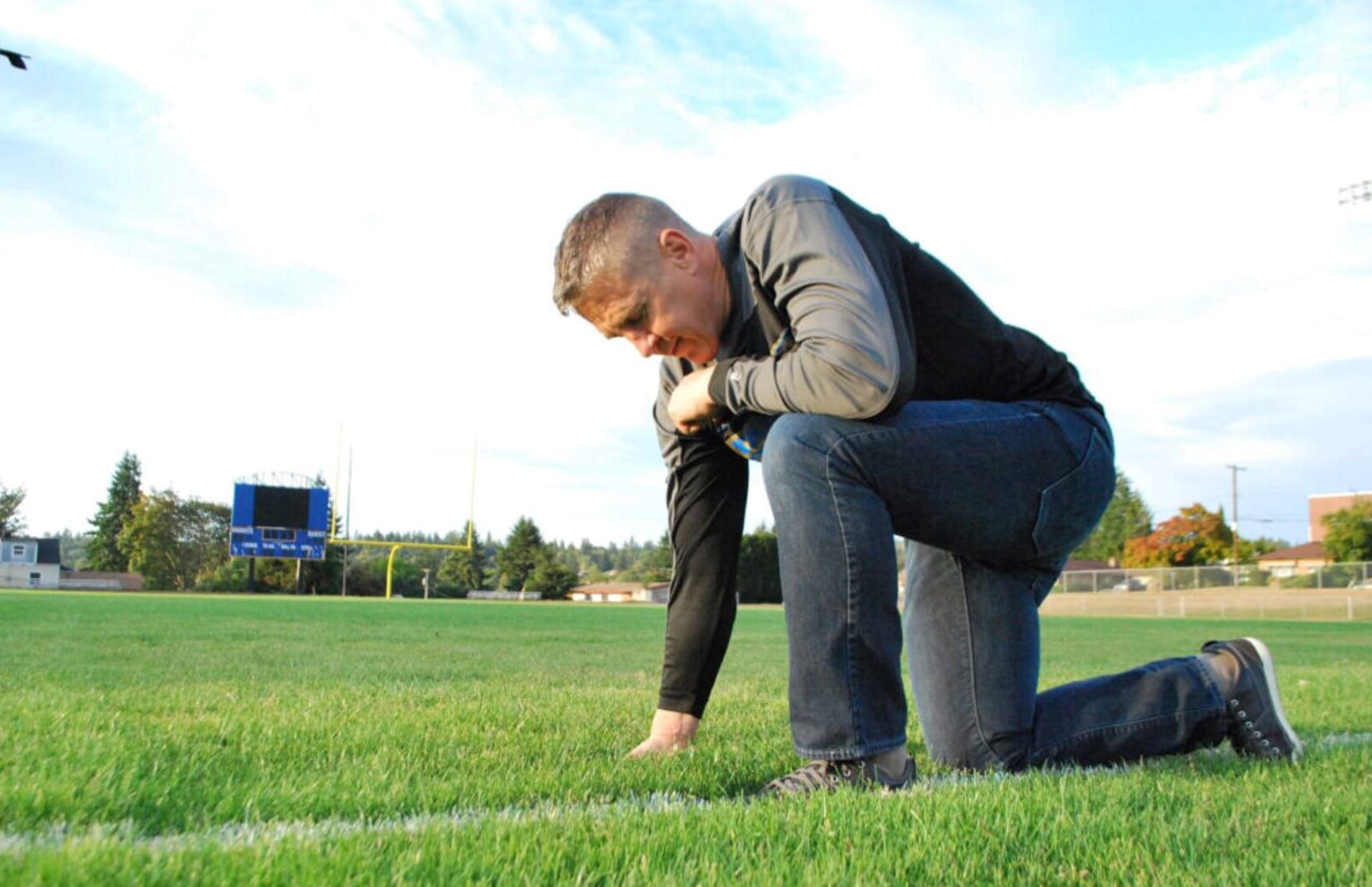United States Supreme Court, Kennedy v. Bremerton School District, 597 U.S.___(2022), 27 June 2022

The U.S. Supreme Court has delivered a landmark decision on the issue of worker’s rights and the exercise of religious freedom in public schools, holding that it was unlawful not to renew a coach’s employment contract because of his post-game prayers on the football field.
Joseph Kennedy had been a high school coach at Bremerton High School for seven years. After the matches, he was used to praying alone, at the center of the football field. Over time, some players and sometimes members of the opposing team started to join him as well.
In September 2015, Kennedy briefly stopped the prayers, after the disapproval expressed by the school’s district; the following month, however, the coach began praying again.
The school district, convinced that such behaviour constituted a violation of the First Amendment, first offered the employee some alternatives, such as praying after the crowd had left; finally, it declined to renew his contract as football coach for the following season.
The majority opinion, expressed by Justice Gorsuch, found that the petitioner’s actions were protected by the First Amendment and, in particular, the free exercise of religion clause and the establishment clause, which prevent the federal and state governments from both establishing an official religion and favouring or disfavoring one religious’ viewpoint over another one.
To test whether there has been a First Amendment violation in the case at stake, the Court used a historical argument, finding that “an analysis focused on original meanings and history … has long represented the rule rather than some ‘exception’ within the ‘Court’s Establishment Clause jurisprudence” (p. 24).
The Supreme Court, therefore, ruled that the Constitution does not mandate, on the one hand, nor permit, on the other hand, a public school to suppress such a manifestation of religious freedom by an employee, like a football coach praying on the field in his private capacity. Rather, “respect for religious expressions is indispensable to life in a free and diverse Republic – whether those expressions take place in a sanctuary or on a field, and whether they manifest through the spoken word or a bowed head. Here, a government entity sought to punish an individual for engaging in a brief, quiet, personal religious observance doubly protected by the Free Exercise and Free Speech Clauses of the First Amendment. … The Constitution neither mandates nor tolerates this kind of discrimination” (pp. 31-32).
(Comment by Tania Pagotto)

